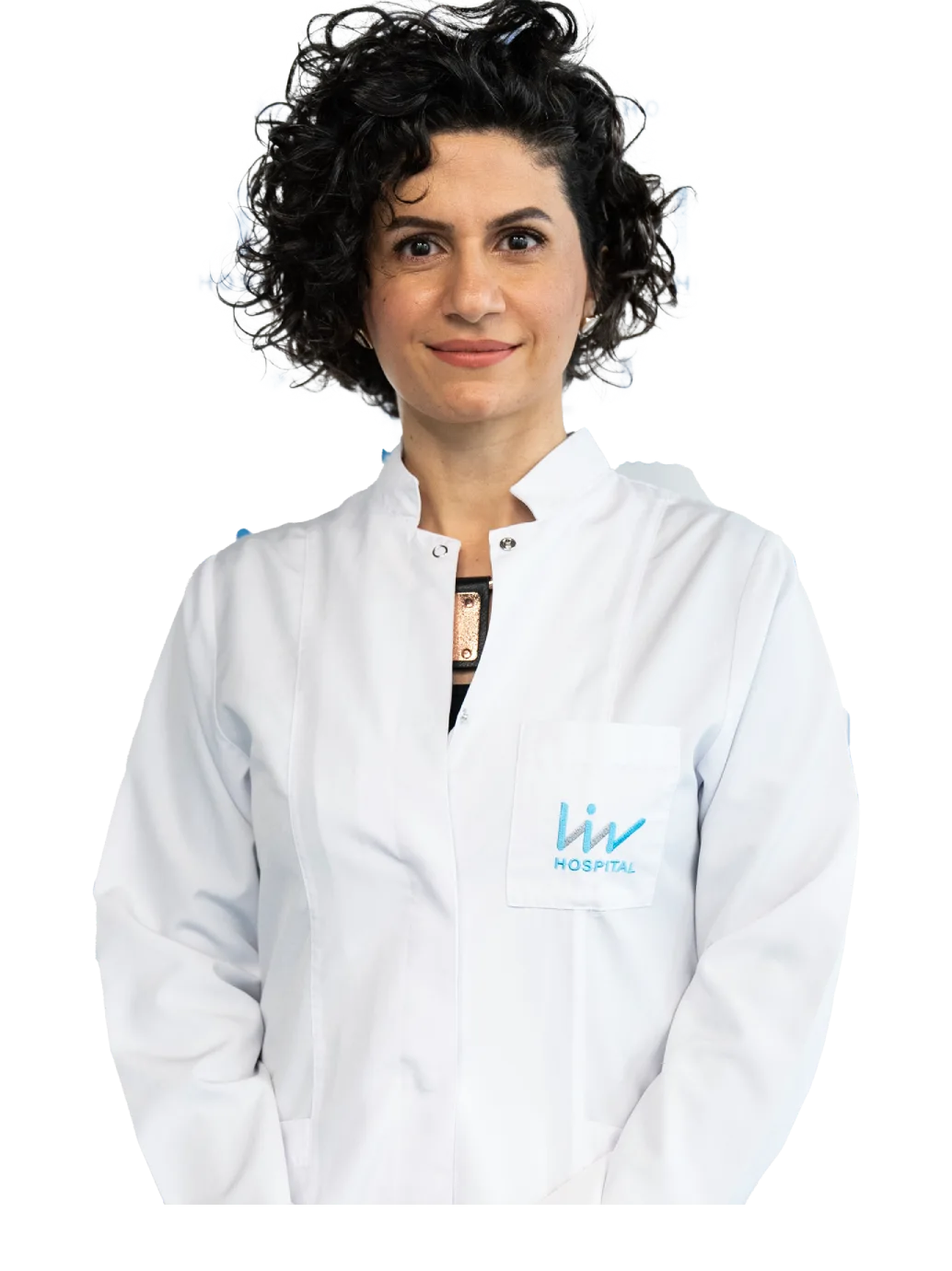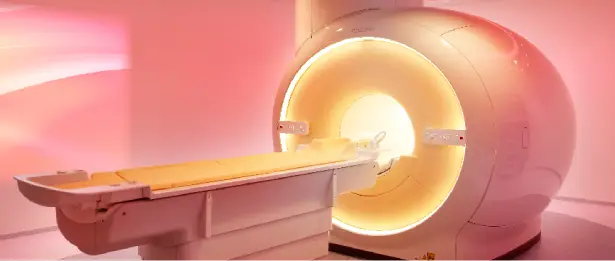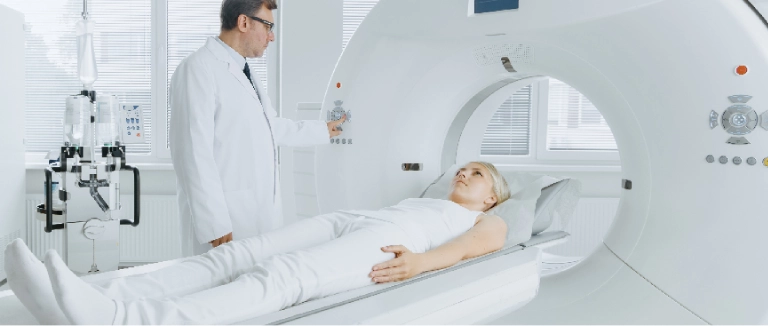Geriatrics

Last Update Date: 9/3/2024 11:14:08 AM
Geriatrics the discipline that focuses on special health needs that arise in old age.
What is Geriatrics?
With the increase in age in society, the number of chronic diseases is also increasing. Problems such as weakness, loss of strength, depression, physical inefficacy, addiction, use of numerous medications, a decrease in quality of life, economic and social problems are more common. That's why the discipline that focuses on special health needs that arise in old age is called geriatrics.
Which Diseases Does Geriatric Care Treat?
Since it is focused on improving the general health status and living conditions of the elderly, the geriatrics clinic can be involved in many areas of service by conducting a multidisciplinary activity. We can list the main ones as follows:
Health Assessment and Monitoring: Assessment of the general health status of elderly individuals, performing regular health checks and monitoring of chronic diseases.
Medication Management: Assessing interactions between medications, dose adjustments and ensuring regular medication intake, as elderly people tend to take more than one medication.
Physical Activity and Rehabilitation: Development of appropriate exercise programs and rehabilitation services for the purpose of increasing, strengthening and maintaining the physical functioning of elderly individuals.
Nutrition Assessment and Counseling: Assessment of the nutritional needs of the elderly, making recommendations to ensure their adequate and balanced nutrition.
Emotional and Social Support: Preventing social isolation, protecting the emotional health of elderly people and providing psychosocial support.
Home Care Services: Home care services, home health services and home visits to support elderly people to live at home.
Disease and Challenging Situation Management: Management of chronic diseases, emergency situations and development of coping strategies for diseases.
Functional Assessment: Understanding and supporting the daily functionality of elderly people by evaluating their activities of daily living (ADL) and instrumental activities of daily living (IADL).
Environmental Compliance and Safety Assessment: Assessment of whether the environments in which elderly individuals live (home, nursing home, elderly care center) are safe and suitable.
Liv Hospital Geriatrics ClinicWith geriatric evaluation and treatment at Liv Hospital Geriatrics Clinic, it is aimed that the elderly in society can live as self-sufficient and free individuals and integrate into life, their medical treatments can be planned as completely as possible and their quality of life can be improved.
What problems are observed at an advanced age?
- Neurological diseases (stroke, dementia, movement disorders)
- Depression
- Cardiovascular diseases
- Cancer
- Multiple chronic diseases
- Polypharmacy (using a large number of medications and related side effects)
- Infections
- Rapidly developing medical problems and delirium that occurs simultaneously (sudden cognitive and behavioral impairment)
- Eating disorders and swallowing difficulties
- Inactivity, dependence and fragility due to a decrease in muscle mass and strength
- Osteoporosis
What does the detailed medical evaluation of individuals over the age of 65 include?
- Evaluation of existing diseases
- Checking medical treatment and combating unnecessary drug use
- Detailed internal evaluation
- Neurological evaluation
- Psychiatric evaluation
- Evaluation of physical activity and muscle mass/functions
- Evaluation of nutritional status
- Evaluation of vision and hearing
- Fighting osteoporosis and fractures
- Combating balance disorders and falls
- Treatment of sleep disorders
- Treatment of pressure sores
- Effective vaccination program
- Consultation by the relevant branch physicians when necessary
- Caregiver training for bed-ridden elderly


